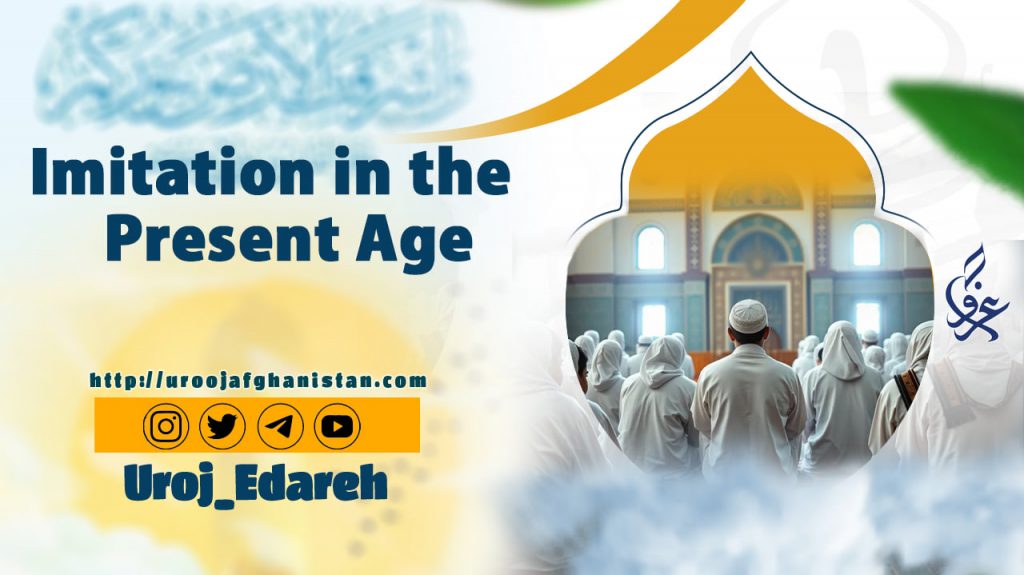(Part 4)
The Continuation;
The Second Speech: Related Terms in Connection with Taqlid (Imitation)
Ittba ‘(Following):
Means to follow, walk behind, or act upon someone else’s words. (al-Fayruzabadi, 1415 AH, p. 911; Ibn Manzur, 1414 AH, vol. 8, p. 27) In technical terms, it means to follow a jurist’s opinion while knowing the evidence, based on established rules. (al-Sanhaji, 1980 CE, p. 47) Both taqleed and ittiba‘mean following, but Taqleed involves no concern for the jurist’s evidence, while itiba‘ requires knowing the basis for the ruling.
Three categories of people:
1. Jurists and scholars capable of deriving rulings themselves.
2. Intermediate scholars or students who cannot perform ijtihad but can understand the evidence behind rulings; they are better off practicing ittiba‘.
3. The general public who lack knowledge of legal reasoning and are obligated to perform taqleed to solve their religious issues.
Iqtida’ (Emulation):
Derived from qudwa, meaning a person who is emulated in action, like a follower in prayer emulating an imam. (al-Fayumi, n.d., vol. 2, p. 494) Taqleed and iqtida’ are similar in meaning, but taqleed pertains to following juristic rulings without knowledge of their basis, whereas iqtida’ refers to mimicking outward actions, like in prayer. Outside of prayer, it means general following, such as emulating the Prophet in religious matters, which is not considered taqleed.
Ta’assi (Emulation):
Derived from uswa, meaning model or exemplar. (Moein, 1386 SH, vol. 2, p. 46) In the Qur’an, the Prophet Muhammad is described as an exemplar for all Muslims. Uswa can apply to all areas, especially ethics and social matters, while taqleed is limited to derivative legal rulings.
Conditions of Permissible Taqleed:
1. The muqallid must be human and incapable of independent understanding of divine rulings.
2. The person followed must be righteous and well-known for knowledge and ijtihad.
3. The truth must be unclear to the muqallid.
4. The taqleed must not contradict explicit religious texts or consensus.
5. The muqallid must sincerely seek the truth in all matters.
